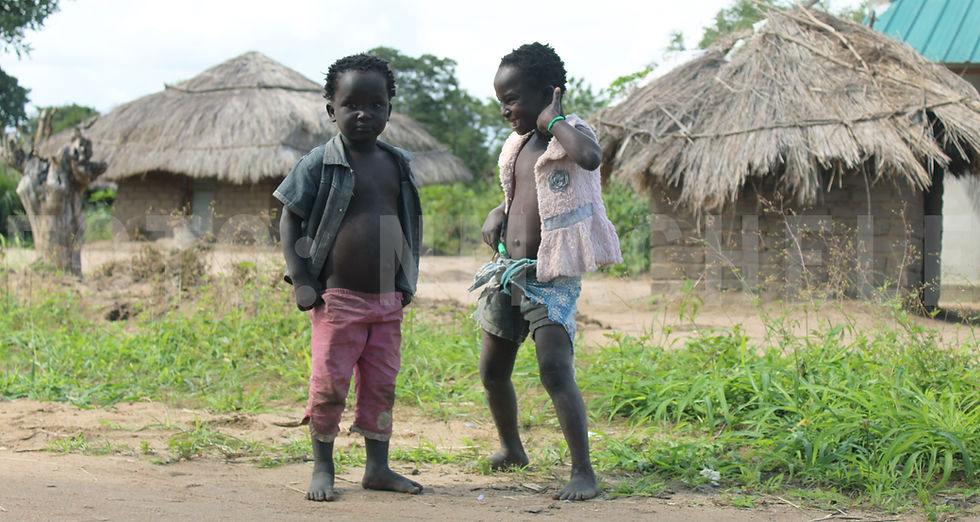ACCESS TO INFORMATION IS CRUCIAL IN HEALTH
- Nercio Machele

- Sep 28, 2023
- 3 min read

The United Nations (UN) defined September 28th as the International Day of Universal Access to Information, in recognition of the importance of access to information at all levels. For us, Manhiça Health Research Center (CISM), access to information plays a vital role in health, as it allows individuals and communities to make informed decisions about their own health and healthcare.
Access to information is therefore crucial in promoting health and well-being. The ability to access reliable and relevant health information allows individuals to make informed decisions about their own health and health care[1].
Allows healthcare professionals to provide quality care and make decisions
On the other hand, access to information is not only important for individuals (patients), but also for healthcare professionals and researchers. Access to complete and up-to-date health information allows healthcare professionals to provide quality care and make informed decisions about the diagnosis, treatment and management of disease, and for researchers, access to health information is crucial to the study in order to find the causes, treatments and cures for diseases[2].
Allows you to access timely and accurate data on disease outbreaks, health risks and trends
By having universal access to all information about patients' healthcare, healthcare professionals can have more holistic understanding of their patients' medical history, enabling better coordination and integration of care. Furthermore, access to health information is equally important for policymakers, allowing them to access timely and accurate data on disease outbreaks, health risks, and population health trends, which is crucial for making informed decisions. evidence-based decision making, giving them tools for effective public health planning and response.
At the Manhiça Health Research Center (CISM), we understand that research only makes sense if it is useful for society, as one of the main vehicles that allows us to find the most appropriate solutions for solving problems, especially in development contexts such as Mozambique, where financial and human resources are scarce. Our mission is to promote and carry out biomedical research in priority health areas, to safeguard the health of the most vulnerable populations, therefore sharing information between CISM, government, communities, and other interested parties is crucial.
Promotes the institution and the empathy of key stakeholders and ensures good institutional visibility.

To ensure the sharing of information between CISM and its different stakeholders, the institution relies on the Population Studies Research Area, which generates knowledge about perceptions of health and disease, and the Inter-institutional Relations Unit Advocacy and Communication (URIAC), which leads the Organizational Communication component, which includes sharing information on activities carried out and results obtained, with other stakeholders, with a view to promoting the institution and the empathy of the main interested parties, coordinating communication institutional and ensure good institutional visibility.
Allows you to establish a structure for community involvement in different projects
The Center, since its creation, has been aware of the fact that in the context of biomedical research, members of local communities are undoubtedly the main stakeholders of research, and has learned over the years the importance to continually dialogue with them, explain what you are doing, step by step, as well as share the benefits and results of these activities. This interconnection with communities, based on continuous community consultation, has allowed us to establish over the years a structure of community involvement that allows us not only to receive updates on studies and their results, but also to share the community's perception, concerns, expectations and satisfaction in relation to research, make recommendations for the CISM and discuss other aspects related to research and health.
[1] Rodpothong P, Auewarakul P. Viral evolution and transmission effectiveness. World J Virol. 2012 Oct 12;1(5):131-4. doi: 10.5501/wjv.v1.i5.131. PMID: 24175217; PMCID: PMC3782273.[2] Youssef, A E. (2014, June 30). A Framework for Secure Healthcare Systems Based on Big Data Analytics in Mobile Cloud Computing Environments. https://scite.ai/reports/10.5121/ijasa.2014.2201









Comments